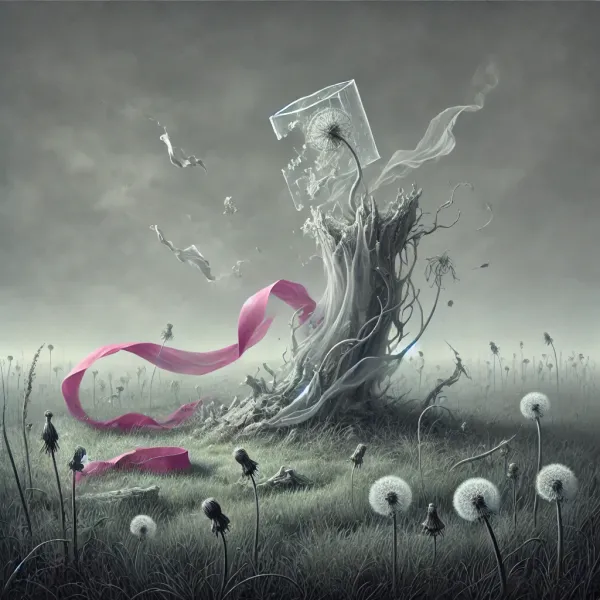101 Things that can be different in the future: #2 Memory
Are you ready for a world in which your memory is stored in a cloud?
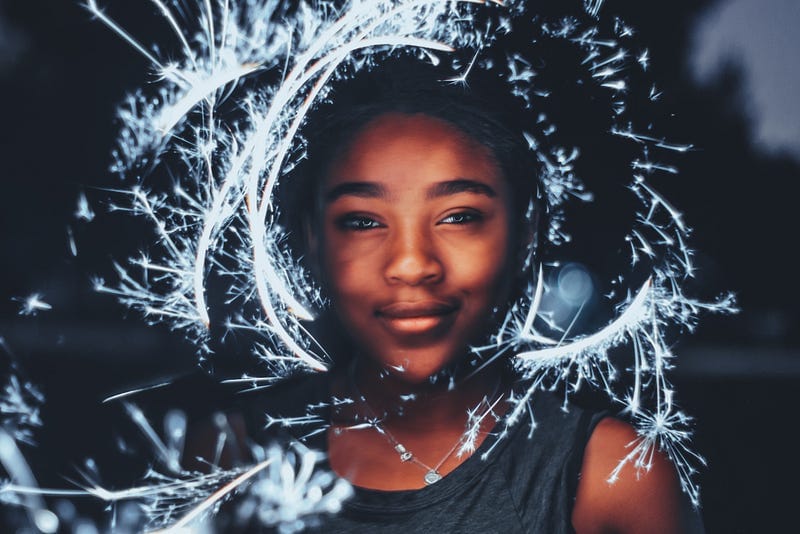
Are you ready for a world in which your memory is stored in a cloud?
Human Memory is a precious thing. We could not live without being able to remember things. But also forgetting is a necessary function of our brain, even when you don’t think so when you are looking again for a misplaced key.
Though subject to research over centuries, we still did not decipher the functionality of our memory. In the last decades, especially dementia and similar disease became the focus of research. Since our life expectancy increases, we aim to have a fulfilled life as long as possible. This is not only a humble human wish but an economic factor. The current estimate is that dementia costs 1.3trillion USD worldwide. With the demographic changes ongoing the prediction is that this cost will rise to 2.8trillion USD by 2050 (1)
If you see these figures, there is no wonder why neuroscience as a whole gets more and more the focus of funded research programs. The EU has dedicated 500 million euros per year to funding research projects, the US even 10billion USD in 2022. The efforts have increased by 50% over the last 5 years. Everyone wants to be first when the brain is fully decoded.
So where are we at with the research?
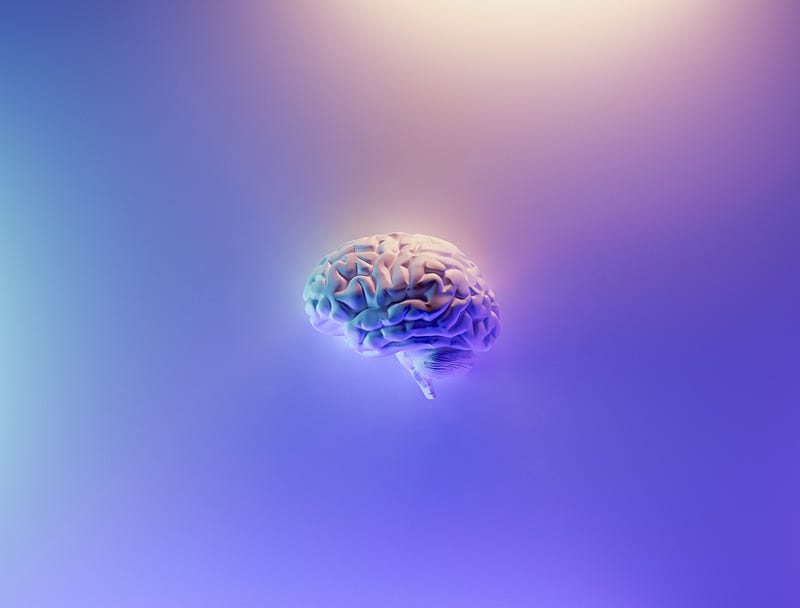
Only some weeks ago a scientific group reported a breakthrough in the explanation of how our long-term memory storage works. This is believed to help treat or even avoid dementia diseases like Alzheimer’s or similar. (2)
What is also proven, is that our memory is subjective. There were extensive studies showing, that when people remember certain events, this memory changes over time. Details are amended or added. It is even proven that eye-witnesses in crime investigations are by far not as reliable as common TV shows make us think. Indeed, it is proven that certain interrogation methods can already influence the way you remember things(3).
Wouldn’t it be great to objectify our memory to avoid such mistakes?
Seen from this perspective of course it would. And there is research dedicated to that.
Various papers discuss already the opportunities nanobots could bring to neuroscience. Meaning: Nanorobots, which can pass to your brain, can be connected to an external cloud to transfer data. Sounds like science fiction right?
For the time being this is still some time away, because it would demand a super-computer. But as you maybe are aware. Research on quantum technology and super-computers is making the next steps every day. Back in 2020 was already announced, that scientists created a programmable organism (4).
And the Elon Musk project Neuralink is also researching in this direction. (see my article Inevitable Transhumanism).
Even if this is not the present — connecting our brain to a cloud is only a step away.
So what would be the benefits of not forgetting?
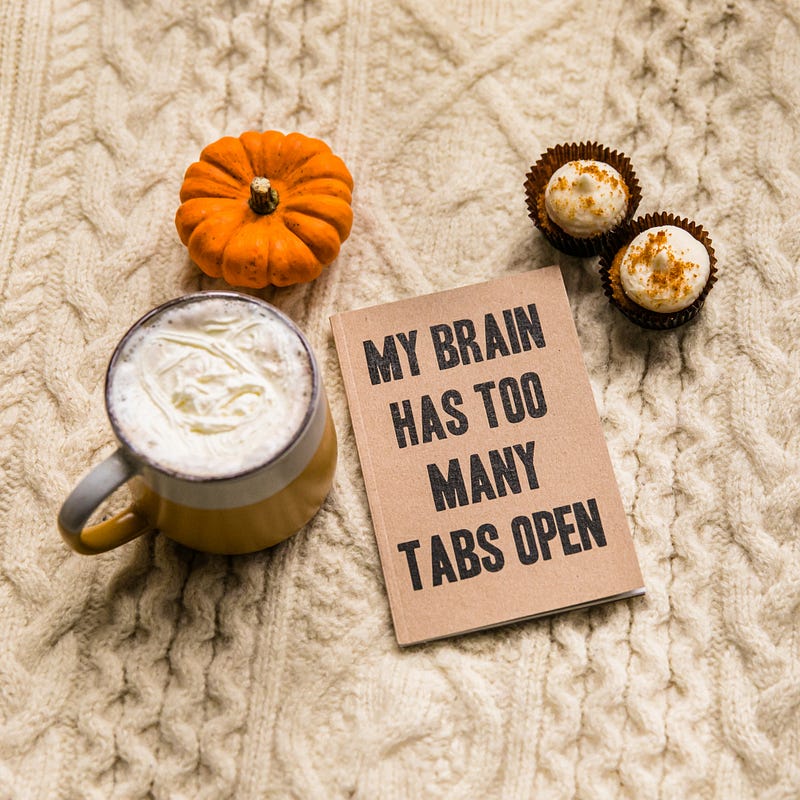
Our brain has a limited capacity only. It is proven that when you use computers to store information, that can free working memory and lead us to learn new things quicker and better (5). This is the here and now not science fiction. We already use our phones, voice assistance, and clouds to park information and to help us not forget about them.
Here we are talking about necessary things or good memories. But what about bad ones?
There are already ongoing projects investigating how brain stimulation can help to make traumatic experiences inactive. An understandable goal.
But, when your memory is accessible from the outside: who is going to judge, what is a traumatic experience?
Or how do you know which memory is real when already our biological brain is tricking you at that point?
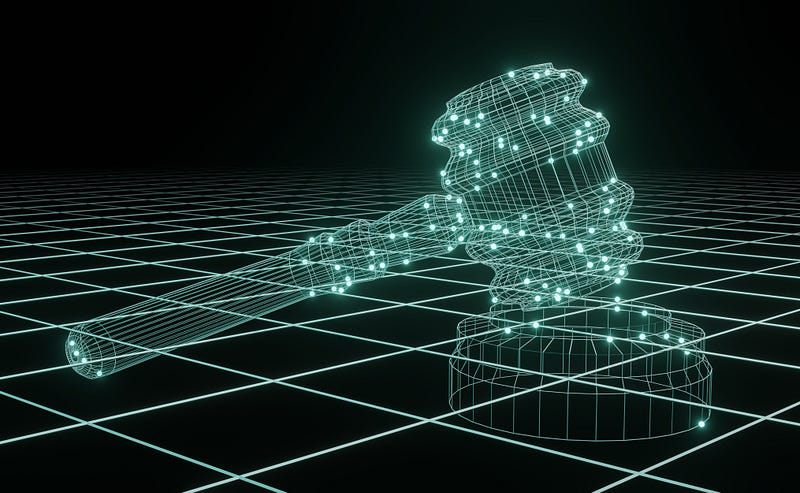
Legislation on this point is inexistent. Chile as the first country in the world pioneered in approving a bill on protecting neuro-rights in their constitution. It is to be hoped that other countries will follow rather sooner than later.
So maybe, when you misplace your keys next time: just smile and think — I am still human.
This article is part of the series 101 Things that can be different in the future. If you are interested in any specific topic or have other signals to show please comment or reach out to me Eva Tomas Casado.
Sources/Signals:
(1)https://www.alzint.org/about/dementia-facts-figures/dementia-statistics/
(2)https://www.sciencedaily.com/releases/2022/03/220323151642.htm
(3)https://www.cbc.ca/natureofthings/features/partial-recall-why-we-cant-trust-our-own-memories
(4)https://phys.org/news/2020-01-bot-beast-scientists-programmable.html
(5)https://www.zmescience.com/medicine/mind-and-brain/storing-info-externally-good-memory-05343/




